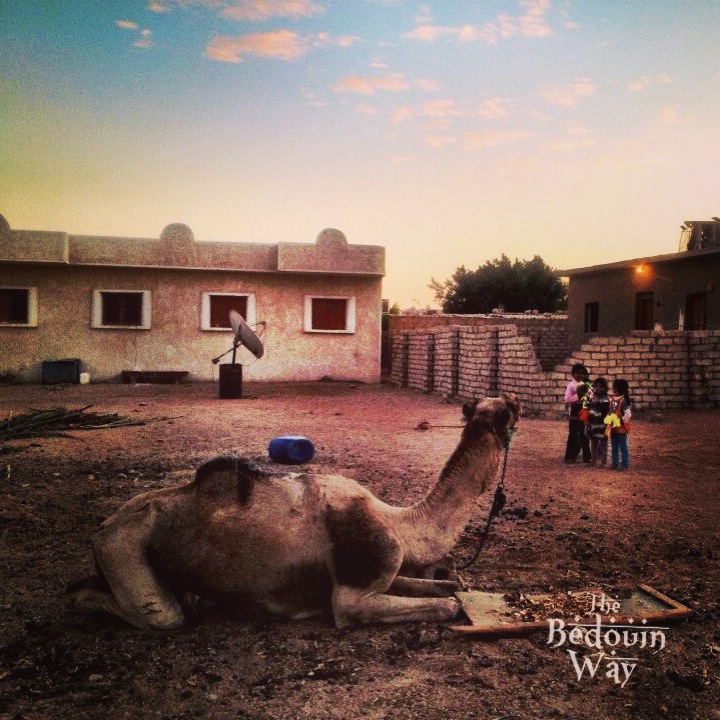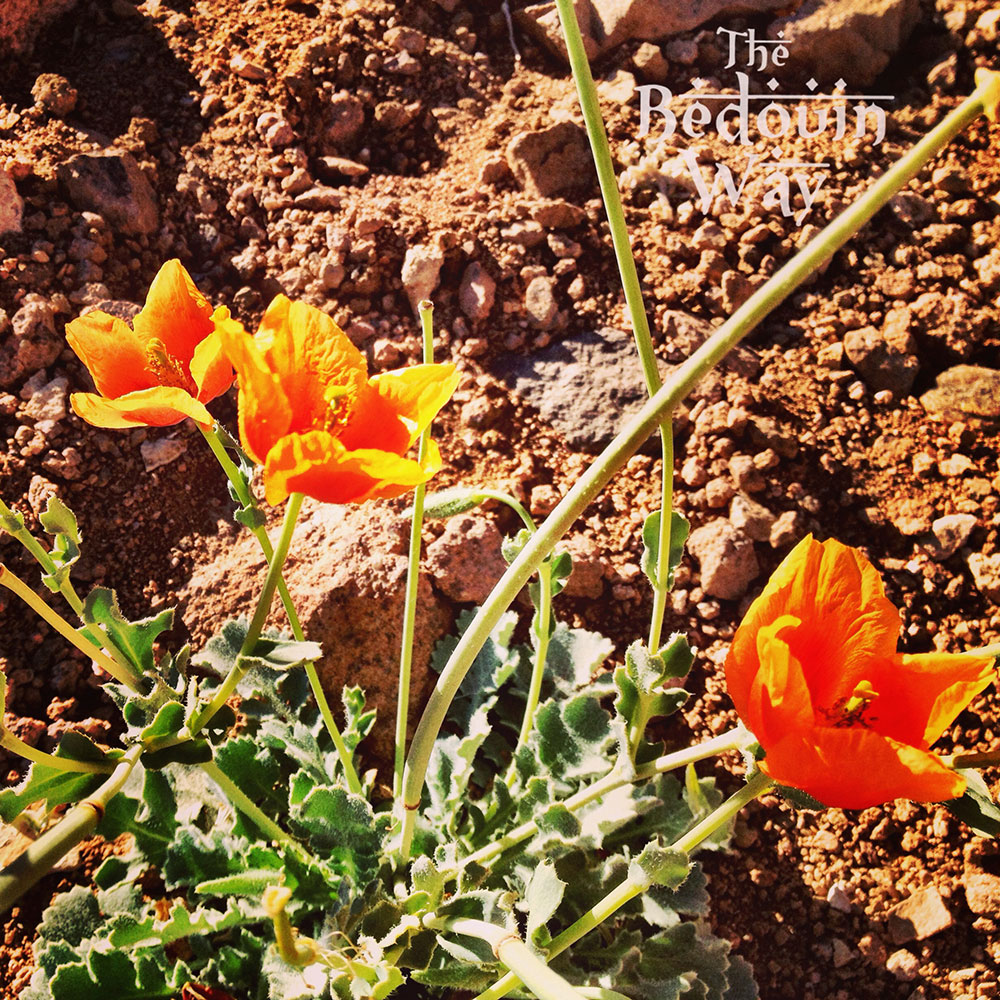“It would be better to die with honour than to bring shame and dishonour upon yourself and your tribe.”
Our laws are not written down. Our history, law and traditions have all been passed down orally from one generation to the next.
We believe that there are things that are much worse than death. It would be better to die with honour than to bring shame and dishonour upon yourself and your tribe.
This is why we reserve banishment as the worst punishment for repeat offender. It is a very rare event, but if someone is repeatedly brought in front of a court, they will eventually find themselves being expelled from the tribe in a process called ‘tashmees’. This word comes from the same root as the word for the sun and it literally means ‘exposure’.
In the desert, you will die if you exposed to the sun for extended periods. When we banish criminals from the tribe, we are exposing them to the world. We make it known everywhere that the banished man is not covered by the protection of the tribe any longer and that we will not claim responsibility for him anymore. Should he be murdered or kidnapped, we will no longer help him – we expose him to the world in his own shame.
If we have any problems in society, we try to solve them at a Bedouin court, usually held within the tribe. If this is not possible, we take our problems to another tribe, in the hope that their court might provide a better result. Our judges are usually wise, respected men (‘sheikh’s) that are well versed in our laws and the Qur’an.
Both parties will have to agree on what type of court proceeding they will be pursuing. They can either go to one court and accept that judge’s ruling as definite, or they can go through three courts of appeal.
This would mean that they could disagree with the sheikh’s verdict and get a second opinion at another sheikh’s court and then a third. NB. Should the second sheikh agree with the ruling of the first sheikh, there is no possibility of going to the third court as that verdict is binding.
Sheikhs usually try to hand out fair punishments that build respect, because overly punitive rulings could provoke a tribe war. When making a ruling, the intention of the offender is taken into account as much as their action.
The usual punishment for the intentional killing of another person is either a tribute or execution, depending on the mercy of the victim’s family. There is usually an expectation on that family to be merciful however and a tribute of one hundred camels is usually levied in exchange for a life.
Finally, we do not have much of a problem with perjury. If someone is accused of lying, then we tap a hot spoon (‘bi’a’) on that person’s tongue three times. If the spoon burns their tongue, then they lied. If it did not burn their tongue, then they are virtuous and they were telling the truth.
To appear at court, a defendant must find himself a guarantor (‘kafil’) who will act on his behalf.. This guarantor is responsible for the defendant should he decide to run or not pay any fine and must ultimately pay any fine or receive any punishment in the defendant’s stead, should he choose to run.
Not just anybody can become a kafil however, because it is a respected position. The kafil must a trustworthy man and he has to receive the blessing and praise of the community first.
If you have questions about Bedouin Law we will be happy to answer them.
Please comment here and we will reply as soon as we can.
Copyright © 2014, The Bedouin Way. All rights reserved.






